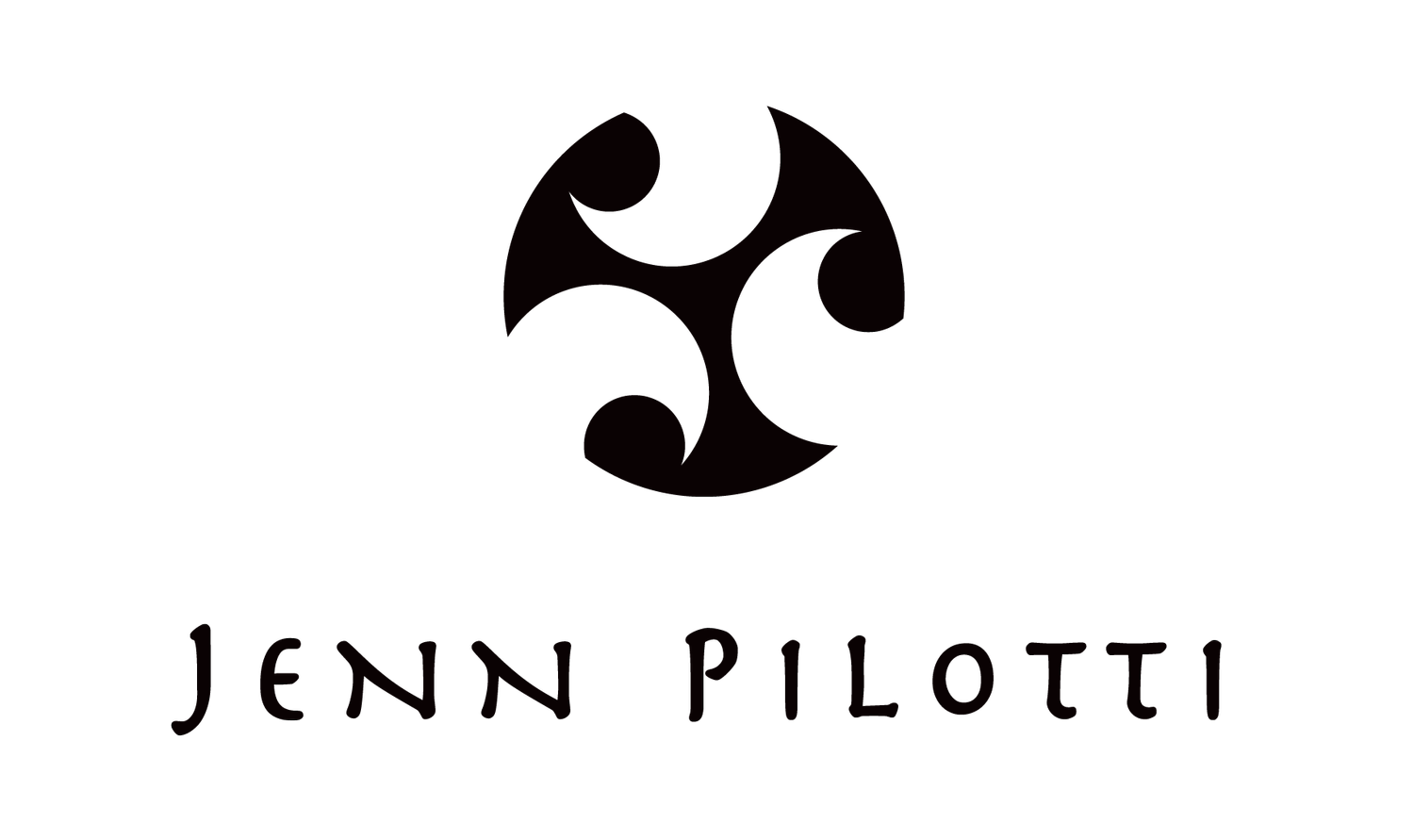Why Vegan?
The question I have been asked repeatedly since starting this “experiment” is “why are you vegan?” The short answer is “I read some books.” Which books, and how they led me to try the vegan diet, are outlined below. I do think I should take the time to point out I did not do this for animal rights reasons. I still wear my leather belts, the handbag I carry most frequently is made out of leather, and several of my shoes are leather. This is not to say I am not aware of the animal rights concerns that surround the food we eat; I strongly believe people who eat meat should eat animals that are free range, grass fed, and local. The conditions many of the animals we eat live in prior to slaughter is inhumane and, in my opinion, should be illegal. However, that is a different blog that should be written by someone far more knowledgeable about these things that I. On to the research...
Last year, within a six month span, I read “Healthy at 100” by John Robbins, “Skinny Bitch” by Rory Freedman and Kim Barnouin, and “The China Study” by T. Colin Campbell and Thomas M Campbell II. “Healthy at 100” followed four groups of people, the Abkhasia, Vilcamba, Hunza, and Okinawa. What these groups shared was longevity and few health problems. “Skinny Bitch” discussed veganism as a lifestyle choice that improves overall health. “The China Study” discusses researcher T. Colin Campbell’s findings on the dietary link between diseases, including cancer, heart disease, osteoporosis, and Parkinson’s. What these books all had in common was the message that the fewer animal products that exist in a person’s diet, the higher the chances he will live a long life with less disease than his meat eating counterparts. By the time I was reading “The China Study,” i decided the research was compelling enough that cutting meat from my diet was a choice I was ready to make. I stopped eating red meat and pork when I was 13, and never ate chicken and fish more than four times a week, so this wasn’t very challenging. However, despite the fact that Dr. Campbell point out, “...countries that use the most cow’s milk and its products also have the highest fracture rates and worst bone health” (“The China Study,” page 205), I wasn’t ready to cut milk products completely out of my diet. It is difficult to make drastic changes to one’s eating habits, and I simply wasn’t ready to go there. It’s interesting; when I became a full fledged vegetarian, and now telling people I am vegan, people are extremely concerned about where my protein comes from. According to the American Heart association, most adult Americans consume more protein than their bodies actually need (http://www.americanheart.org/presenter.jhtml?identifier=11234). The Center of Disease Control recommends women get 46 grams of protein a day and men get 56 grams of protein (http://www.cdc.gov/nutrition/everyone/basics/protein.html#How%20much%20protein). One cup of dry beans has 16 grams of protein while a three ounce serving of meat has 21 grams. The point is, we don’t need as much protein as we think, and if you eat a well rounded, plant based diet made up of whole foods, your protein needs will take care of themselves.
I realize genetics dictate many of the diseases we end up with as we age, and I am also aware that I am going to die of something eventually. Cancer, Parkinson’s, dementia, and osteoporosis all run in my family. If I prevent one of those four diseases by altering my diet, then it was worth it. I can’t control who my parents are and what diseases run in their family; however, I am completely in charge of what goes in my mouth and how often I exercise. My goal is to live as disease free as possible for as long as I can, and to be as active as possible, for as long as I can. Our bodies were made to move and our digestive systems were not meant to break down chemicals that are difficult to pronounce. Regardless of whether or not you eat meat, make an effort to read labels. Eat whole foods, don’t eat things with chemicals in them, and move every day. You have time for a fifteen minute walk, even when you are tired and don’t want to. It amazes me people don’t want to take control of their health and change the things they can control. I suppose it is in our nature to look for “the quick fix.” Change is hard, but the results are worth it.
Yours in health and wellness,
Jenn
